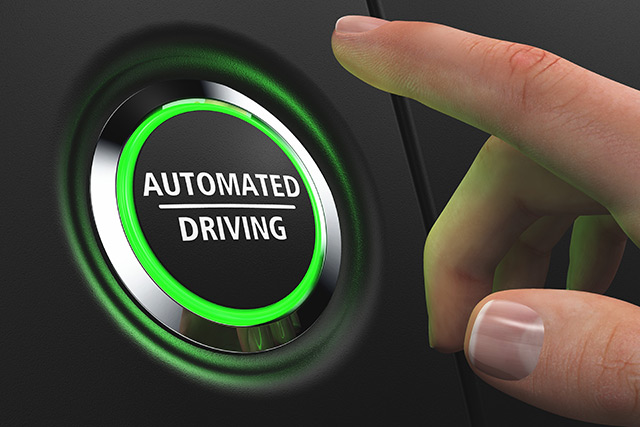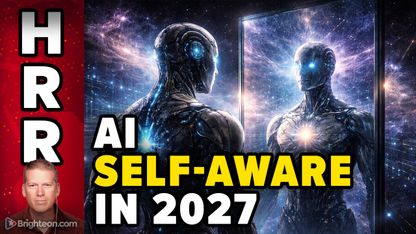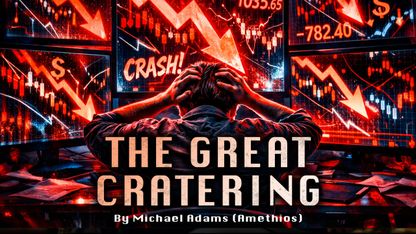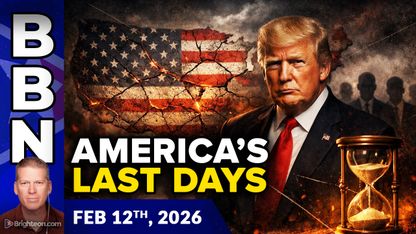
The group roams around the city at night on their bicycles, wearing masks to protect their identity and deploy orange traffic cones to stop autonomous vehicles on the road. "It's simple. We just drive around in their main travel routes and we wait for them," said John, the unofficial spokesperson of the group. It's not clear how the group found out that a traffic cone could paralyze a self-driving car.
Safe Street Rebel also uploaded a TikTok video urging San Francisco residents to take part on the protest.
The video went viral and quickly caught the attention of Cruise and Waymo. Both tech giants threatened to call the cops on anyone who places a traffic cone on their cars. Waymo even called the protest "vandalism." Meanwhile, Cruise initiated providing free rides for late-night workers and free meals to the poor.
The group claims that autonomous vehicles are unsafe and divert resources from more efficient public transportation systems, so they aim to ignite public discourse and demand accountability from both tech companies and regulators. "We want more discourse about it from everybody. We want more people to consider whether we want these on our roads, and we want regulators to listen to the people who are actually affected by it," said John.
Self-driving cars are still incapable of handling unexpected road situations
In an ideal world, robotaxis could be affordable, convenient and eco-friendly just like what Cruise and Waymo claim. These self-driving car operators insist that autonomous vehicles are far better than humans.
They argue that rapid scaling of the technology is crucial to saving lives and improving road safety. Cruise, in particular, has ambitious plans to deploy one million robotaxis on U.S. streets by 2030, with a vision of saturating cities with their vehicles.
Billy Riggs, a transportation and innovation expert at the University of San Francisco, has defended self-driving cars. Riggs noted that these vehicles have logged millions of miles on public roads without a single fatality, showcasing the potential benefits of AI-driven transportation.
"We've reached a level where AI can actually do many of the functions in our lives better than we can with less margin for error," Riggs said.
However, the fast-paced environment of San Francisco's bustling streets, rife with pedestrians, cyclists and transit riders would not go along with the system of autonomous vehicles. Robotaxis continue to make unplanned stops, block lanes and create unexpected interactions with public infrastructures in the city. (Related: WAYMO PROBLEMS: Reported accidents involving Waymo driverless cars in San Francisco MULTIPLIED SIXFOLD this year.)
Jeffrey Tumlin, head of San Francisco's Municipal Transportation Agency, stated that while these vehicles excel in suburban conditions, they falter in the face of the complexity of the city. Jeanine Nicholson, the fire chief of the city, said robotaxis are "not ready for prime time."
Steven Shladover, a research engineer at UC Berkeley who has advised California officials about autonomous vehicles, also echoed the sentiments of researchers and experts. Shladover emphasized that despite the sophistication of Waymo and Cruise autonomous vehicles, you'll almost inevitably encounter a situation where the vehicle will act like an inexperienced driver. "It's an adolescent, not yet an adult," he said.
Learn more about autonomous vehicles at RoboCars.news.
Watch this clip from "The David Knight Show" discussing how the self-driving cars of companies like Tesla and Waymo are glitching dangerously and becoming a threat to drivers and pedestrians alike.
This video is from the channel The David Knight Show on Brighteon.com.
More related stories:
Self-driving cars are causing traffic incidents all over San Francisco.
Study finds lasers can blind self-driving cars and make them crash into objects or pedestrians.
Sources include:
Please contact us for more information.




















